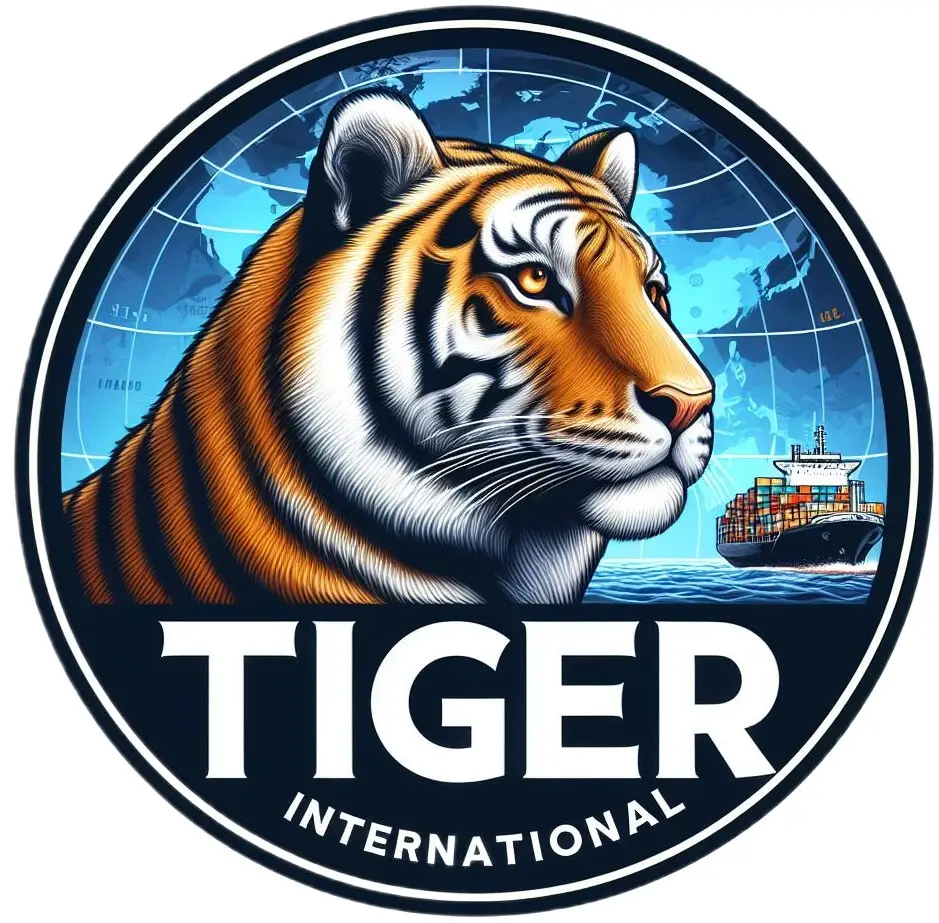Overview of scrap metal trading
The global scrap metal trading industry is a cornerstone of the recycling ecosystem, significantly contributing to sustainable resource management. This industry involves the collection, processing, and trading of scrap metals, which are then recycled into new products. The market for scrap metal is vast and dynamic, driven by the demand for raw materials in manufacturing and construction sectors.
Market Size and Growth
As of 2023, the global scrap metal recycling market was valued at approximately USD 407.02 billion and is projected to reach USD 568.76 billion by 20321. This growth is driven by increasing demand for metals, a rising focus on the conservation of natural resources, and efforts to reduce greenhouse gas emissions. The market is expected to grow at a compound annual growth rate (CAGR) of around 4% during the forecast period2.
Key Players and Market Dynamics
The scrap metal market is divided into two main categories: ferrous metals, which contain iron, and non-ferrous metals, which do not. Ferrous metals, such as steel and iron, are the most recycled materials globally due to their widespread use and high recyclability. Non-ferrous metals, including aluminum, copper, and brass, are also highly valued for their properties and are extensively traded.
The global scrap metal market is influenced by several factors, including economic conditions, industrial activity, and regulatory policies. For instance, economic growth in emerging markets increases the demand for raw materials, thereby boosting the scrap metal trade. Conversely, economic downturns can reduce industrial activity and demand for scrap metals.
International Trade and Logistics
Scrap metal trading is inherently international, with materials often sourced from one region and processed or consumed in another. This global trade is facilitated by a network of traders, brokers, and logistics providers who ensure the efficient movement of materials across borders. The logistics of scrap metal trading involve complex processes, including collection, sorting, processing, and transportation.
Countries like the United States, China, and Germany are major players in the scrap metal market, both as exporters and importers. The United States, for example, exports significant quantities of scrap metal to countries like China and Turkey, where it is processed and used in manufacturing.
Tiger International Limited: A Key Player in the Industry
Tiger International Limited is a prominent name in the global scrap metal trading industry. Established in 2011, the company has built a strong reputation for reliability and expertise in both ferrous and non-ferrous metals3. With a strategic presence in key regions such as North America, Europe, and Southeast Asia, Tiger International Limited sources, ships, and sells a diverse range of recyclable metal grades3.
The company’s extensive network and experience in international finance allow it to structure each trade uniquely, ensuring a steady supply chain and reinforcing its global presence3. Tiger International Limited’s commitment to quality and customer satisfaction is evident in its approach to business, where every transaction is tailored to meet the unique needs of its partners3.
The Future of Scrap Metal Trading
The future of global scrap metal trading looks promising, driven by increasing awareness of environmental sustainability and the need for efficient resource management. Advances in technology are also expected to enhance the efficiency of scrap metal processing and trading, making it easier to recycle and reuse materials.
As the industry continues to evolve, companies like Tiger International Limited will play a crucial role in shaping the future of scrap metal trading, ensuring that resources are managed sustainably and efficiently on a global scale.
This article provides an overview of the global scrap metal trading industry, highlighting the role of key players like Tiger International Limited. If you have any specific questions or need further details, please feel free to get in touch.

